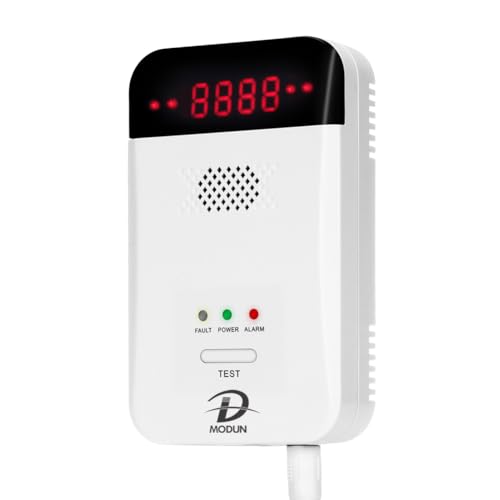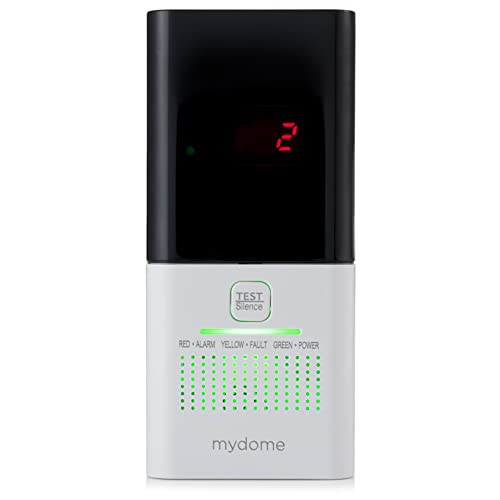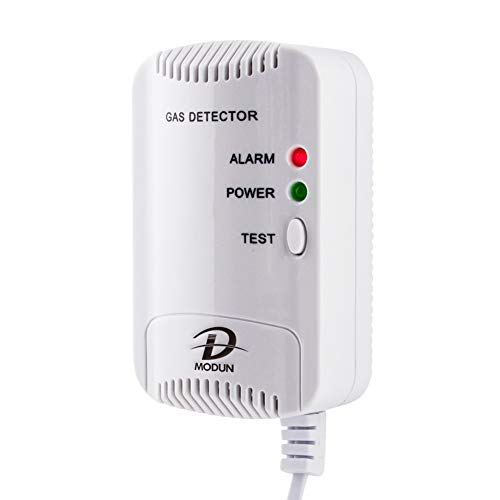Understanding the Importance of a Gas Alarm: Why Every Home Needs One
Recognising the Dangers of Gas Leaks
Gas leaks can be incredibly hazardous, often leading to serious health risks and even catastrophic accidents in homes. A simple gas alarm can detect harmful gases such as carbon monoxide and natural gas, providing an essential layer of protection. We can’t see or smell these gases, making early detection vital. Imagine cooking a meal and not realising that there’s a gas leak; this is where a gas alarm becomes invaluable, acting as an early warning system.
Peace of Mind for Your Family
Having a gas alarm installed in your home gives you peace of mind. Knowing that a device is consistently monitoring for gas helps you feel safer, particularly if you have children, elderly relatives, or anyone with respiratory issues. It’s about creating a secure environment so that you can focus on the joys of home life without the nagging worry of potential gas hazards.
How to Choose the Right Gas Alarm for Your Needs: Key Features to Consider
Understanding the Technology
When choosing a gas alarm, we should first consider the technology it uses. Look for alarms that employ both electrochemical sensors for carbon monoxide and catalytic sensors for natural gas. This combination ensures that the alarm can detect various types of gases efficiently, giving us confidence in its capabilities.
Battery Life and Power Source
Another important feature is the power source of the alarm. You can opt for battery-operated devices, which offer flexibility in placement, or hardwired alarms that are more reliable as they don’t depend on batteries. Think about your lifestyle; if you’re often away from home, a hardwired option may offer greater peace of mind.
User-Friendly Features
Consider practicality when looking at an alarm’s design. Some gas alarms come with digital displays that show gas levels, while others may have built-in voice alerts to warn you of potential hazards. Choosing an alarm that is easy to understand and operate will enhance safety since your family will be better equipped to respond in emergencies.
Where to Install Your Gas Alarm: Optimal Locations for Maximum Safety
Key Areas to Monitor
Placement of gas alarms is crucial for their effectiveness. We recommend installing alarms in areas commonly used for gas appliances, such as kitchens, and near sleeping areas. This ensures that you and your family will be alerted if a leak occurs while you are at rest or engaged in regular activities. Additionally, placing alarms on every level of your home enhances overall safety.
Avoiding Common Mistakes
It’s vital to avoid placing gas alarms near windows, doors, or air vents, as airflow can interfere with their ability to detect gas accurately. Similarly, installing them too close to cooking appliances can lead to false alarms due to steam or smoke. Position them at least a few feet away from these areas to ensure they function optimally.
Maintaining Your Gas Alarm: Tips for Long-lasting Performance and Reliability
Routine Testing and Early Replacement
For your gas alarm to function reliably, regular testing is necessary. We advise checking the alarm monthly to ensure it’s still operational. If your alarm begins to beep regularly or shows warning lights, it might be time for a battery change or even a full replacement, particularly if it’s more than five years old. Always refer to your unit’s user manual for specific testing guidelines.
Keeping It Clean and Functioning
Maintenance isn’t just about testing. It’s also important to keep your gas alarm clean. Dust and dirt can impede its sensors, so gently vacuuming or wiping the unit can ensure it remains sensitive to gas. Make sure to follow the manufacturer’s instructions, as using abrasive materials might damage the alarm.
Understanding Different Types of Gas Alarms: Which One is Right for You?
Single Gas vs. Multi-Gas Alarms
When selecting a gas alarm, we can choose between a single gas alarm and a multi-gas alert system. If you primarily want to detect carbon monoxide, a single gas model is sufficient. However, if your home uses multiple gas sources, such as natural gas and propane, consider investing in a multi-gas alarm for comprehensive coverage.
Smart Alarms and Their Benefits
Consider modern options like smart gas alarms that connect to your home’s Wi-Fi, allowing instant alerts to your smartphone in case of emergencies. Smart alarms can offer a range of features, including real-time monitoring and integration with home security systems, making it easier for us to stay informed, especially when we’re away from home.































